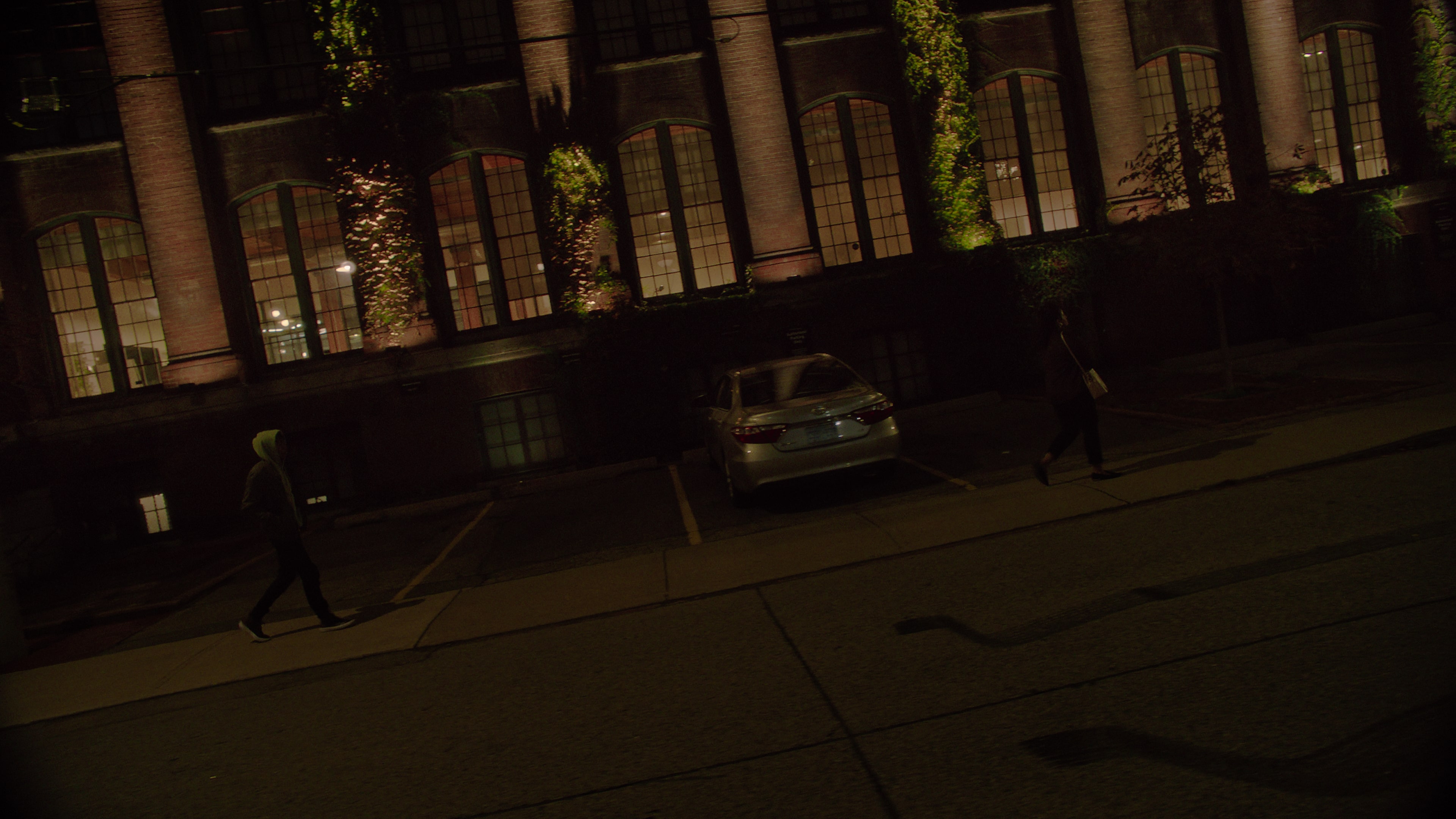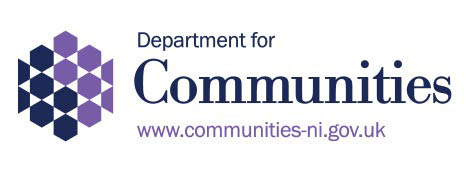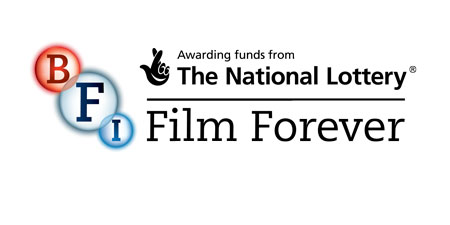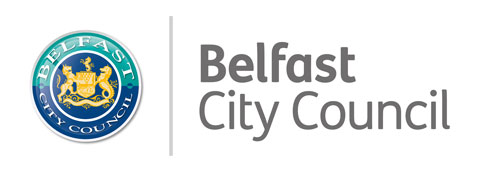LUMI Interviews: Karimah Zakia Issa (Part 2)
26 February 2024
LUMI Programmers Katherine Harris and Leeza Isaeva continue their interview with filmmaker Karimah Zakia Issa about her Iris Prize winning short film, Scaring Women at Night. Read part one here.

LUMI: What’s your inspiration for why you started making films in the first place?
Karimah: I would often get discouraged when I would watch interviews and people would be like ‘I had a camcorder attached to my hand from the age of 7’ and I’m like, I didn’t! I didn’t know you could do that. But I guess when I look back now and I think about what I was interested in -
In Montreal we have CEGEP which is between high school and university, and I had chosen business. I was adamant that it had to be marketing because marketing is the creative side of business. In my head I was like I want to make commercials. But I couldn’t put together who does that or how it works. Now I realise that I just wanted to tell little stories visually, but I just didn’t know what that was at the time. It took me a long time to understand what that was.
Fortunately my sister is an actor. Through getting onto a couple of sets I was like, oh! I started to get drawn to certain elements of it and over years, I started to understand what role I wanted to play in it. At first I thought I wanted to be a producer, because I’d done business and six years of studying marketing. Understanding the roles better made me understand what part of the storytelling I wanted to be involved in and what I’m inherently drawn to.
How did you think through the tone of the ending and what kind of resolution to provide?
We didn’t want it to become this violent end, but we also didn’t want to ignore the threat of violence. That thread of violence also was a “man to man” violence. The first assumption is that potentially he is a predator, and then it is also that he has to square up and meet this dude. We wanted to create tension and a scenario in which people think they know how it’s gonna turn out based on either having watched violence towards trans folks on screen, or to watching dudes get into fights and get mashed up.
We also wanted to bring in that third perspective. Ash is unique in having experienced both walks of life, and then we have Ella who has experienced the woman’s perspective. That’s a narrative – the woman being scared at night – that we’ve seen in one capacity or another in a lot of films. And then we have Freddie, who is just able to go through life, a lot of elements of life, without thinking much about this scenario, about how this really plays out, about how Ella feels.
We didn’t want to completely dismiss Ella, that was really important. We wanted it to be clear that she was not understood and she had the right to be scared, because of our society and so how easily Freddie can negate both of their experiences in one breath by being like ‘Ella, there’s nothing to be scared about’. For Ash to be in that space, where he’s like ‘I could have been a threat’ – he’s literally stuck between these spaces where he’s like ‘I don’t want to be a threat’, but to be a man is to be perceived as a threat at night. I don’t want to lose that either. We just wanted to have these perspectives collide in one moment. To show that Freddie doesn’t have mal-intent, he just has a different privilege, and he really doesn’t have to wake up to it at that moment, and he won’t.
It was a complex end, there was a lot that we wanted to communicate and we didn’t want perspectives to be lost. It was something that we had to finesse and figure out, asking how is everyone moving in this space and how’s everyone balancing the expectations of themselves. We liked the idea of Freddie and Ash being cousins and having grown up together. To also show that in Ash’s life, Freddy’s cool with him. But still even in that acceptance of being cousins, there’s still these little underminings that happen unintentionally. It was definitely a complex thing that we were trying to do in the end.
How have you found the reaction and the reception of the film?
It’s been really cool on many levels. To see that people are still interested in screening it is really exciting and is something I didn’t really anticipate. To have had the opportunity to get feedback from people who watched it directly, especially from folks who feel that their experience was shown with care, those conversations were the best. A trans person being like ‘shit, I felt that and I wasn’t sure how to communicate it, and you aligned with how I felt so well’. I think that has been the best part of it for both Ace and I. That’s my first proper narrative short, and so it definitely felt encouraging.
Do you have any upcoming projects?
I’m working on a short film with my partner. It’s about a part of her life where she was trafficked by her first boyfriend, and he put her in a strip club for many years. It explores the first day of when she was put to work. He first brings her to a massage parlour and that doesn’t work out, and then goes to the strip club. We have this hybrid documentary portion that I want to build in, where my partner will have a conversation with some other dancers and expand the reality of what that space is. It’s just such a dynamic space and not everyone has had the same experience. There’s a lot of people who work as strippers who find it fun, who work because they find it’s the best job that suits their life and their needs. Other people weren't necessarily coerced, but they felt that the circumstances of their lives made that the only option they felt was available to them. You want to have a conversation that opens up people’s understanding of what kind of people exist in that space.
When we first met and I was learning more about her story, I felt empathetic, I felt bad, I felt mad, that these things could happen. But I also had this feeling within me that it could never have happened to me. Not with any disrespect. I just felt that my mum was too strict, I was too prude, I didn’t hang out in those spaces, whatever. What you realise is that no one targeted you specifically at the right time in your life, and we’re all very vulnerable to that, even beyond our younger years. That’s something that we want to bring forward in the story, to bridge that distance that we often create with things that are a bit scary or unpleasant. We want to have people understand that sex trafficking isn’t just an international underground ring, that domestic sex trafficking is even more common, and it’s everywhere. Not in a terrifying way, but it’s not as far as we would like it to be. I’m looking forward to that and of course, the Iris Prize project will happen soon thereafter. Those are the next two things.




